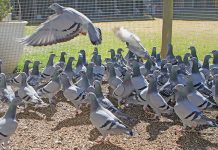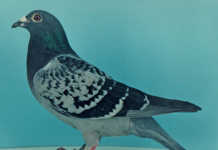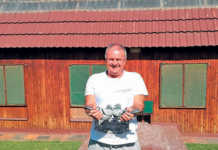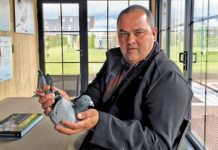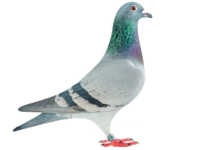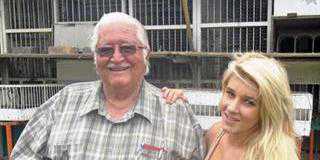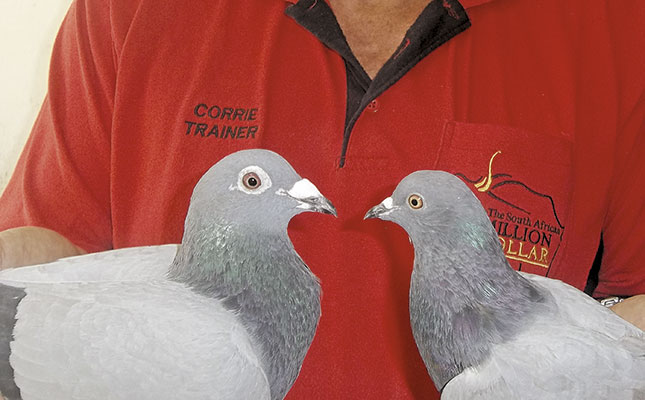
Pigeon racing is a passion I share with more than 5 000 fellow fanciers in South Africa and tens of thousands of people worldwide. Every real pigeon fancier knows that the birds’ cooing cuts a path to his soul. The ‘language’ that we share with our pigeons in the loft creates a priceless camaraderie. In a race, we are the ones our birds fly home to. Many an elderly pigeon fancier who sell his birds feels that he is making an appointment with the undertaker.
READ:High-class racing pigeons
Surely these images do not fit the profile of people who supposedly treat their animals with cruelty. If there has been any malice, it has been between fanciers. During the past few years, the courts have become the only way to settle disputes. The price has been high and the sport has suffered. But despite the unpleasant memory of many court battles and the disputes between die-hard pigeon racing personalities, the attempted banning of our sport saw priorities rearranged within minutes. ‘’I’ll see you in court’’ was replaced with one voice: “Leave our pigeons alone!”
Dismay
It was with horror that I read the doomsday letter from the National Society for the Prevention of Cruelty to Animals (NSPCA) on my computer for the first time on the 16 October. Breeding, trading and racing pigeons were illegal, according to the NSPCA statement. These activities were now listed as prohibited in terms of the Invasive and Alien Species List regulated by the Department of Environmental Affairs (DEA). Columba livia, the pigeon species used in races, is listed under Category 3 of the list.
We thought we had a positive working relationship with the NSPCA. Representatives attend our meetings and are present at the liberation of our pigeons. But it seems as if no one from the sport was consulted when it came to the law, which had been in the works since 2004. It seems that our right to deliver an input when the Act was formulated was ignored.
Our racing pigeons are neither migratory nor a harmful species. It would be interesting to know why the DEA classed the racing pigeon as ‘feral’, because it shows a lack of research.The racing pigeon is a domesticated breed not originally found in the wild. The modern racing pigeon was developed in Belgium from about 1810 onwards. Neither do racing pigeons ‘migrate’; they bond with humans and always seek to return to their home loft after being released. They do not simply ‘return to the wild’.
Retraction
The DEA has since said that pigeon racing will have no significant impact on the invasion by the feral pigeon. “The numbers are reasonably low in relation to the existing invasions, that it is possible to provide exemption for the racing pigeon activities,” it said. This backtracking was thanks in no small part to prompt action by the SA National Pigeon Organisation. But, as can be seen, the DEA still insists that racing pigeons are ‘feral’ – which is not so. Also, we expect the NSPCA to challenge this ‘loophole’ with specious claims of cruelty. If that happens, don’t expect pigeon fanciers to go down without a fight.
This article was originally published on 21 November 2014 in Farmer’s Weekly.


